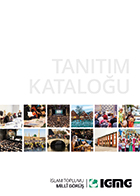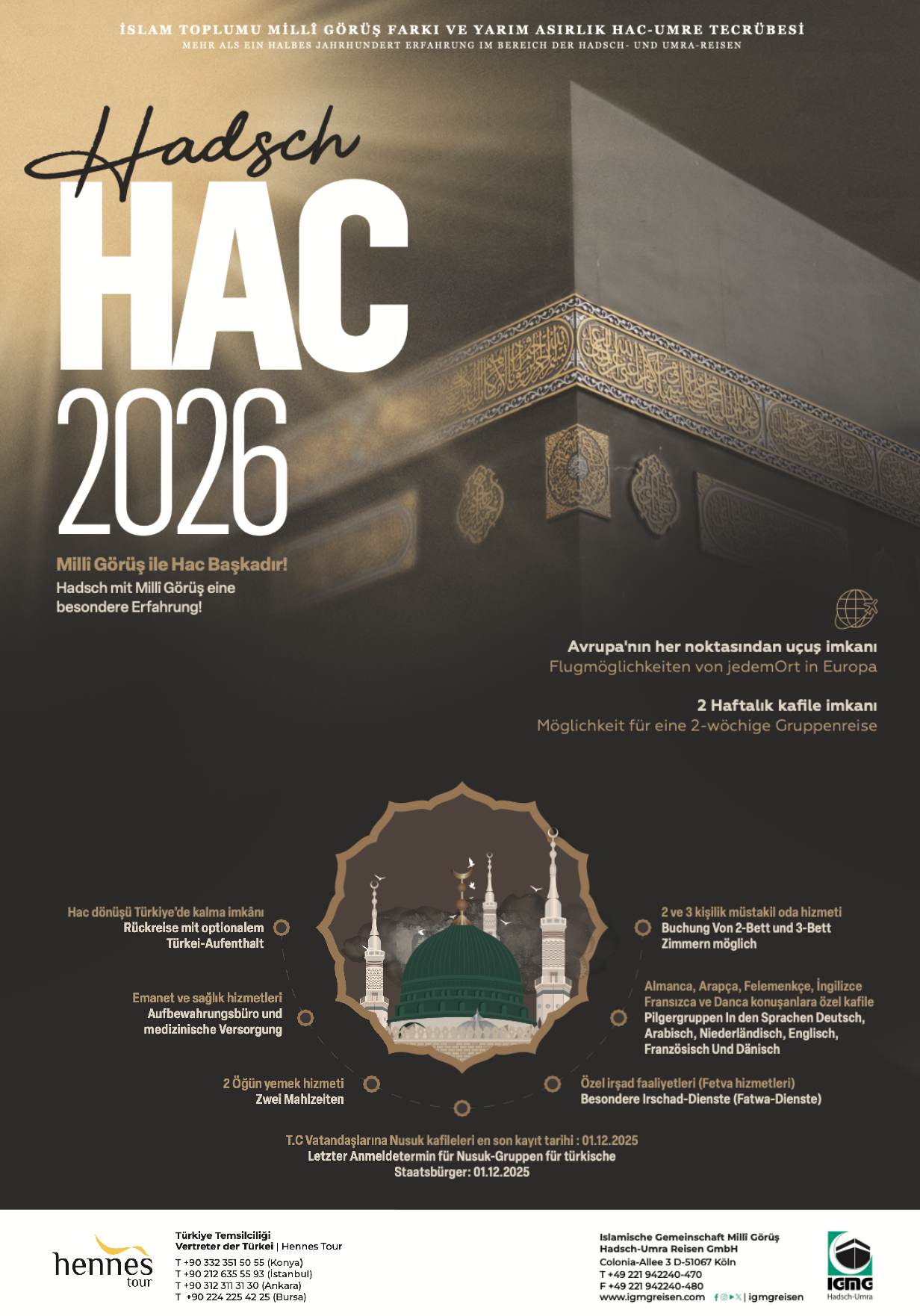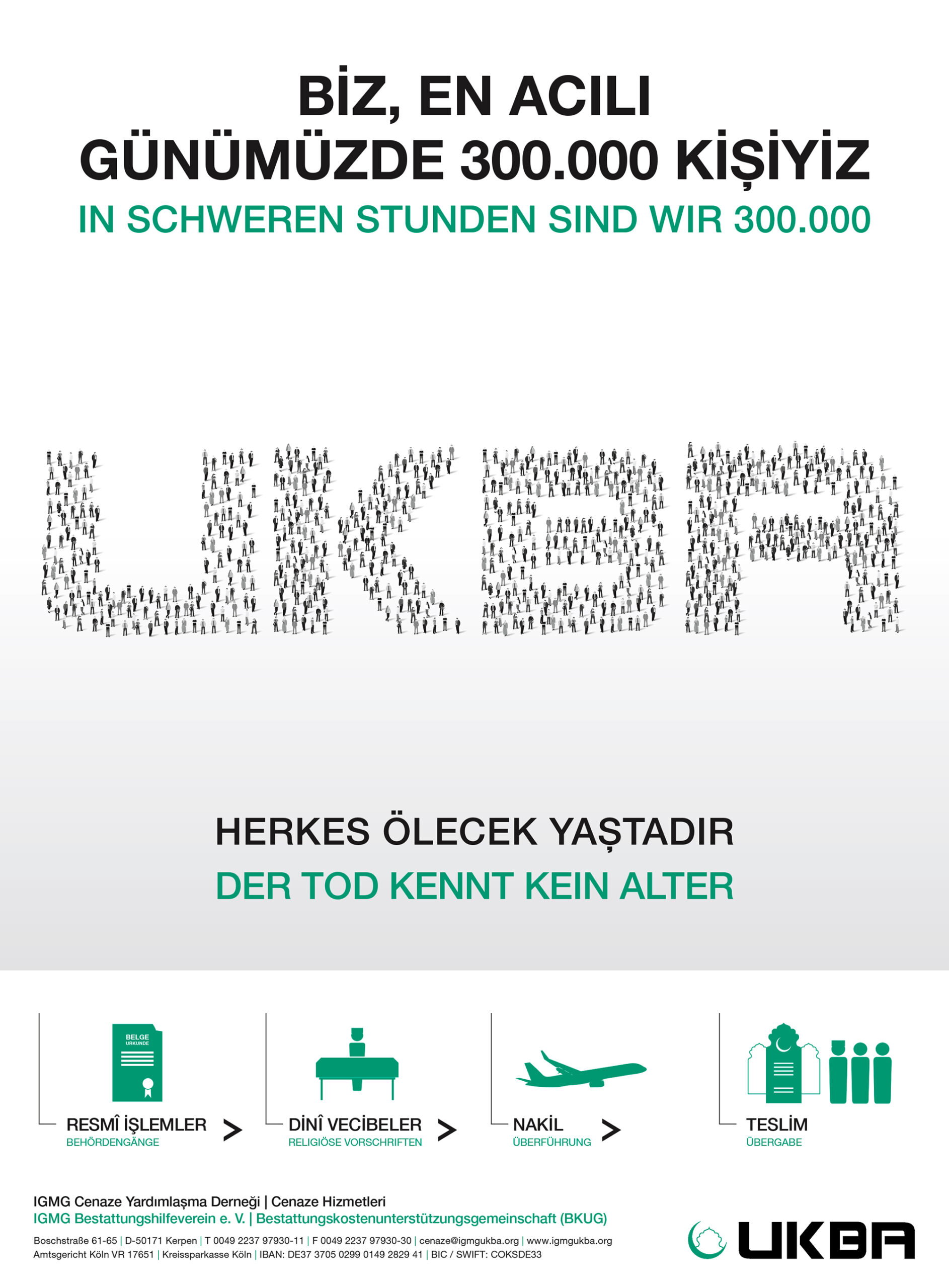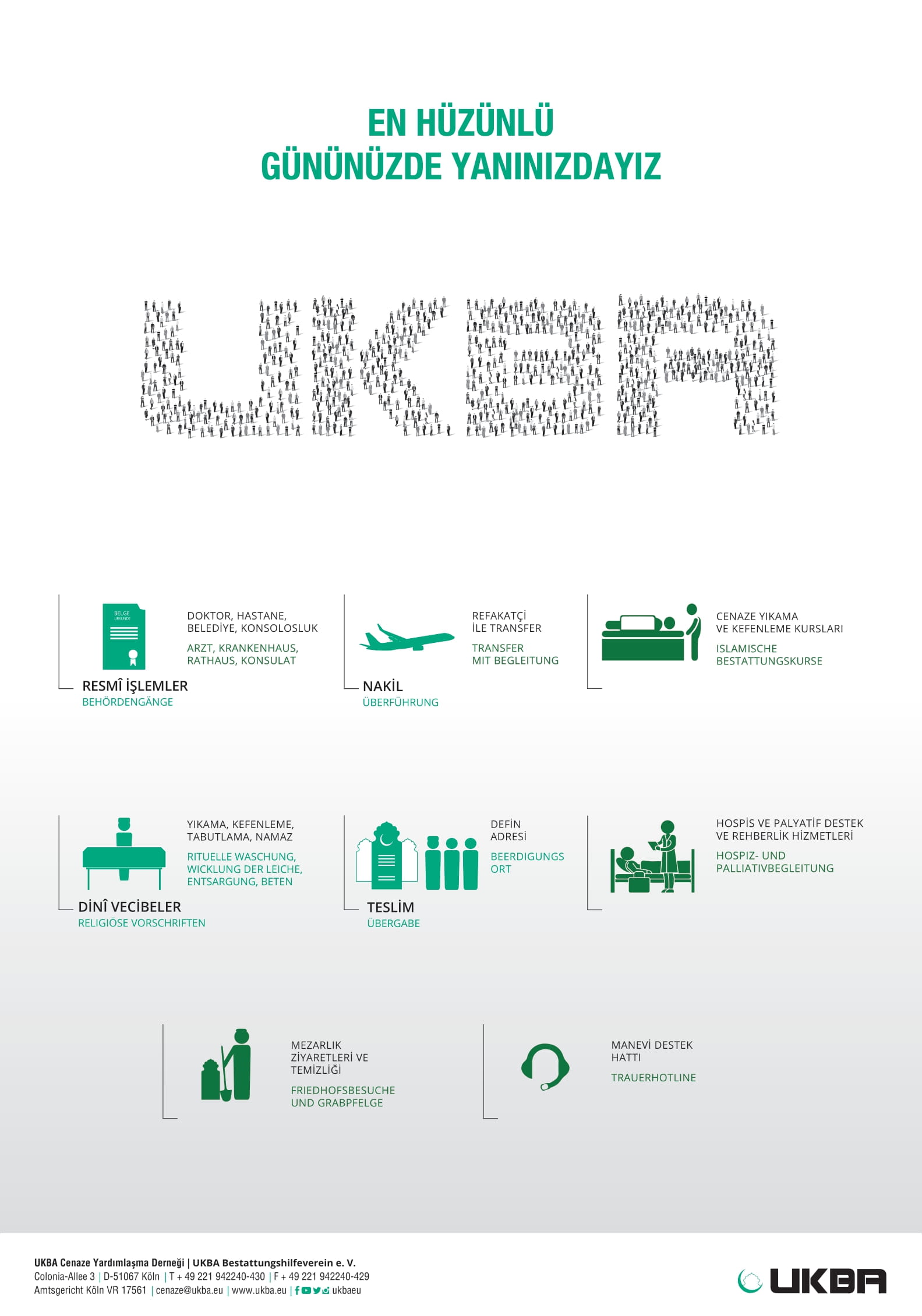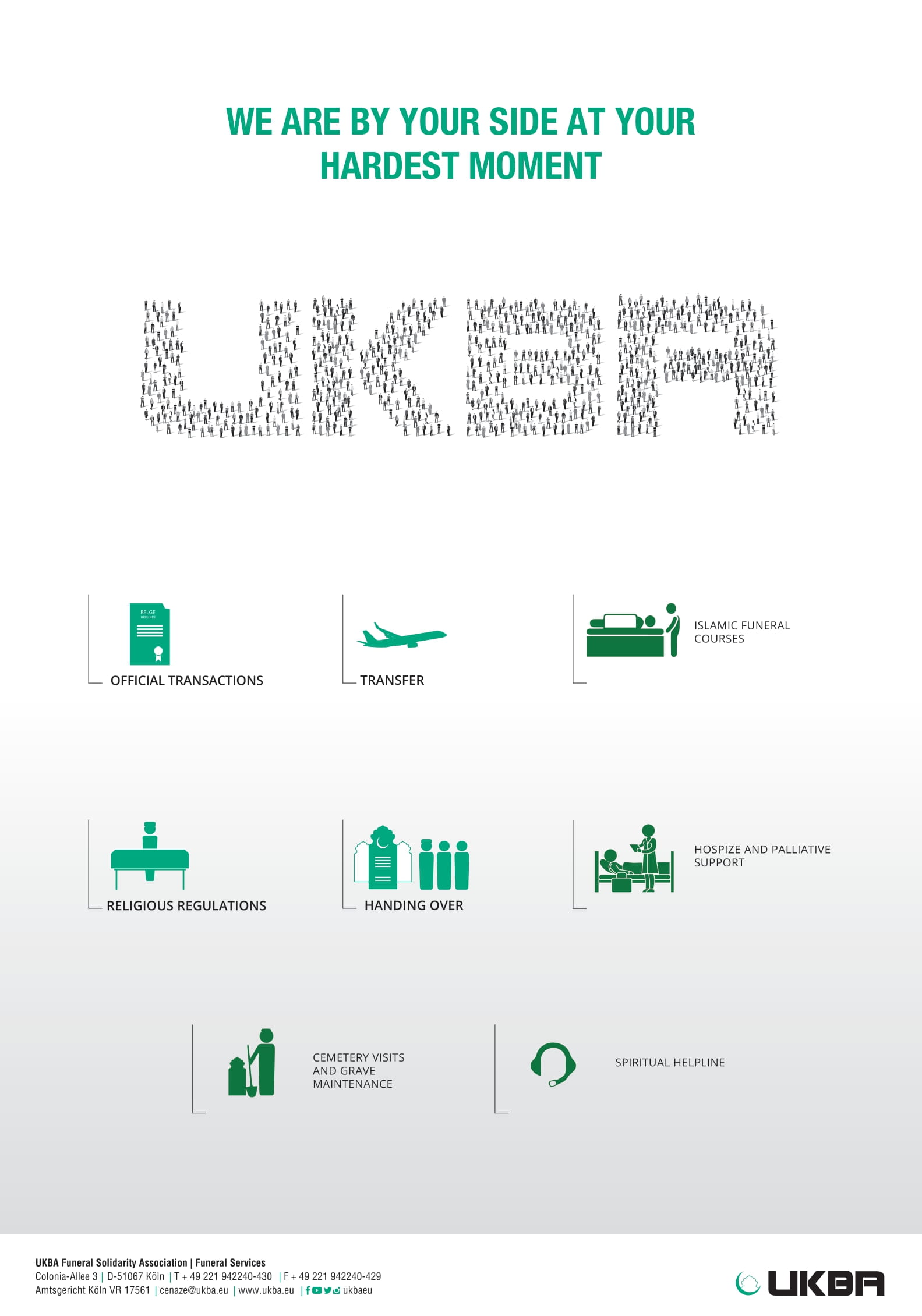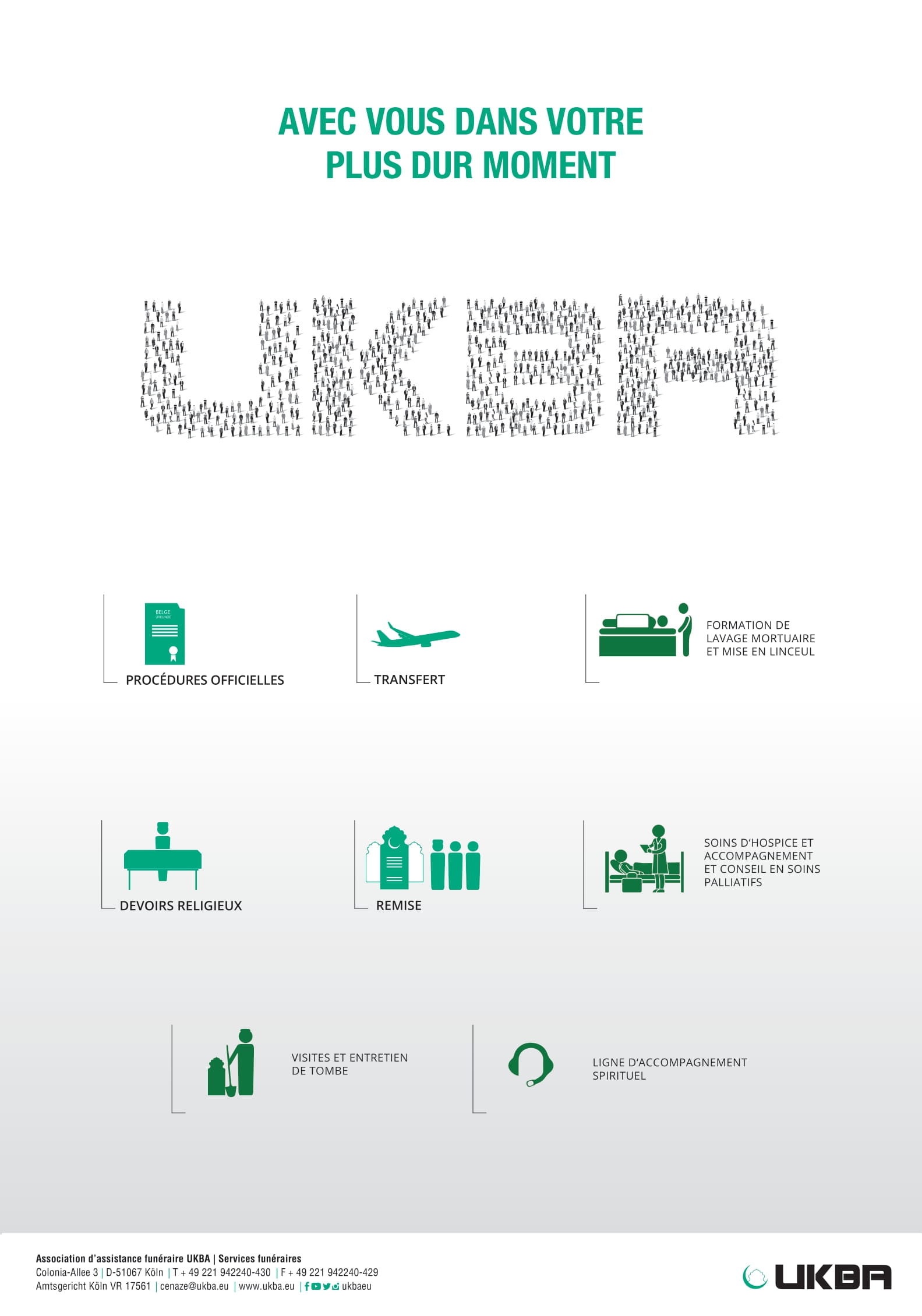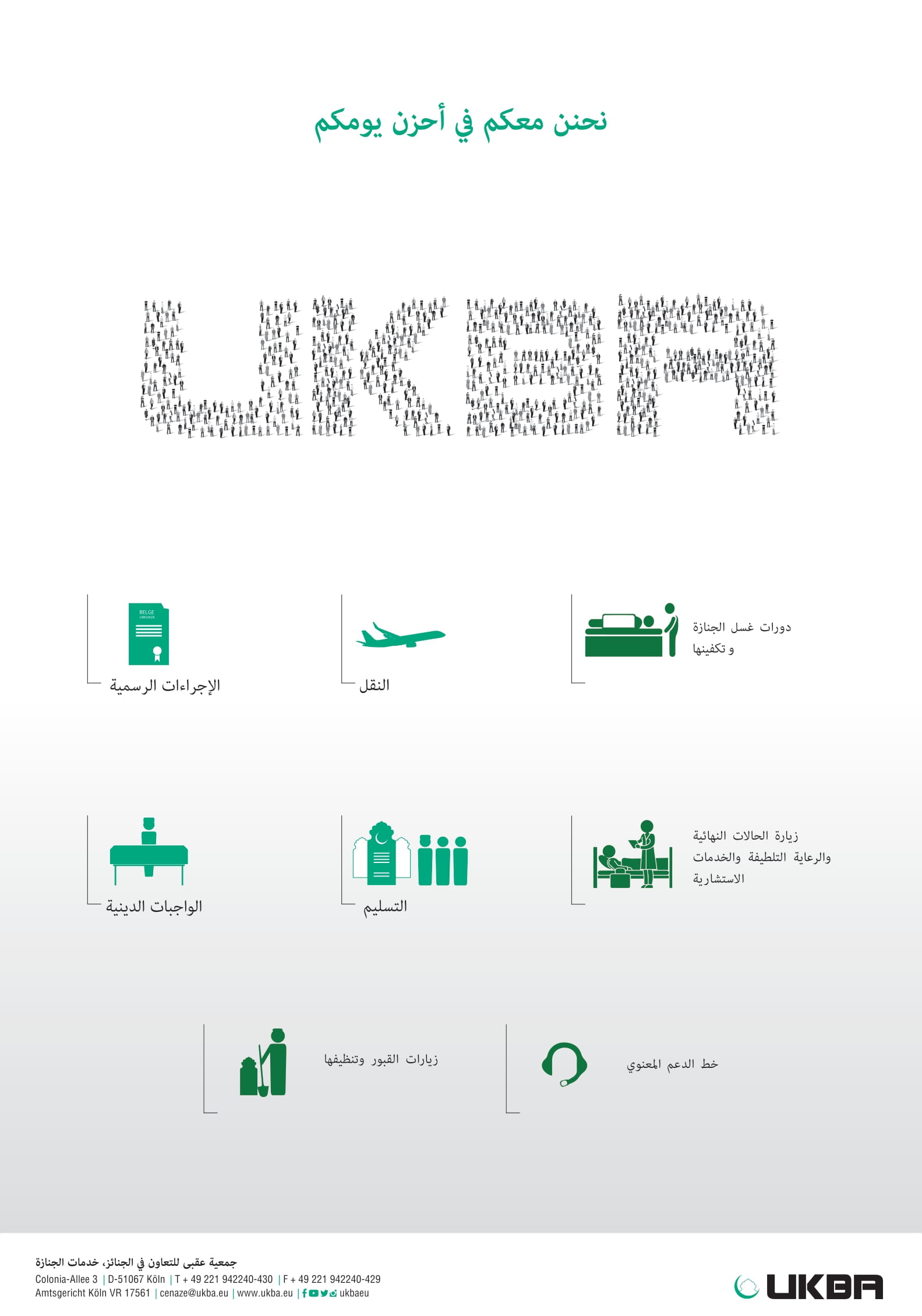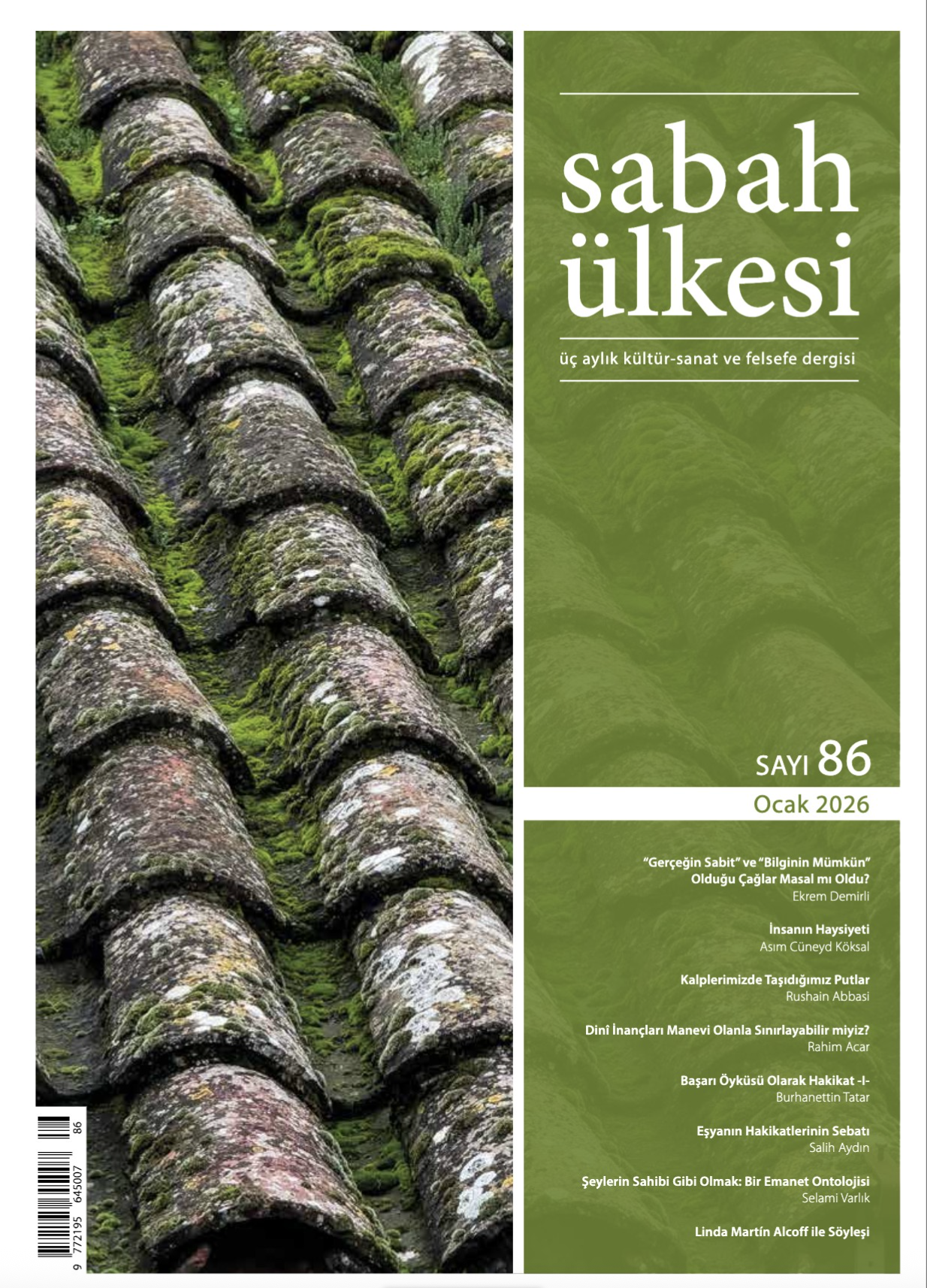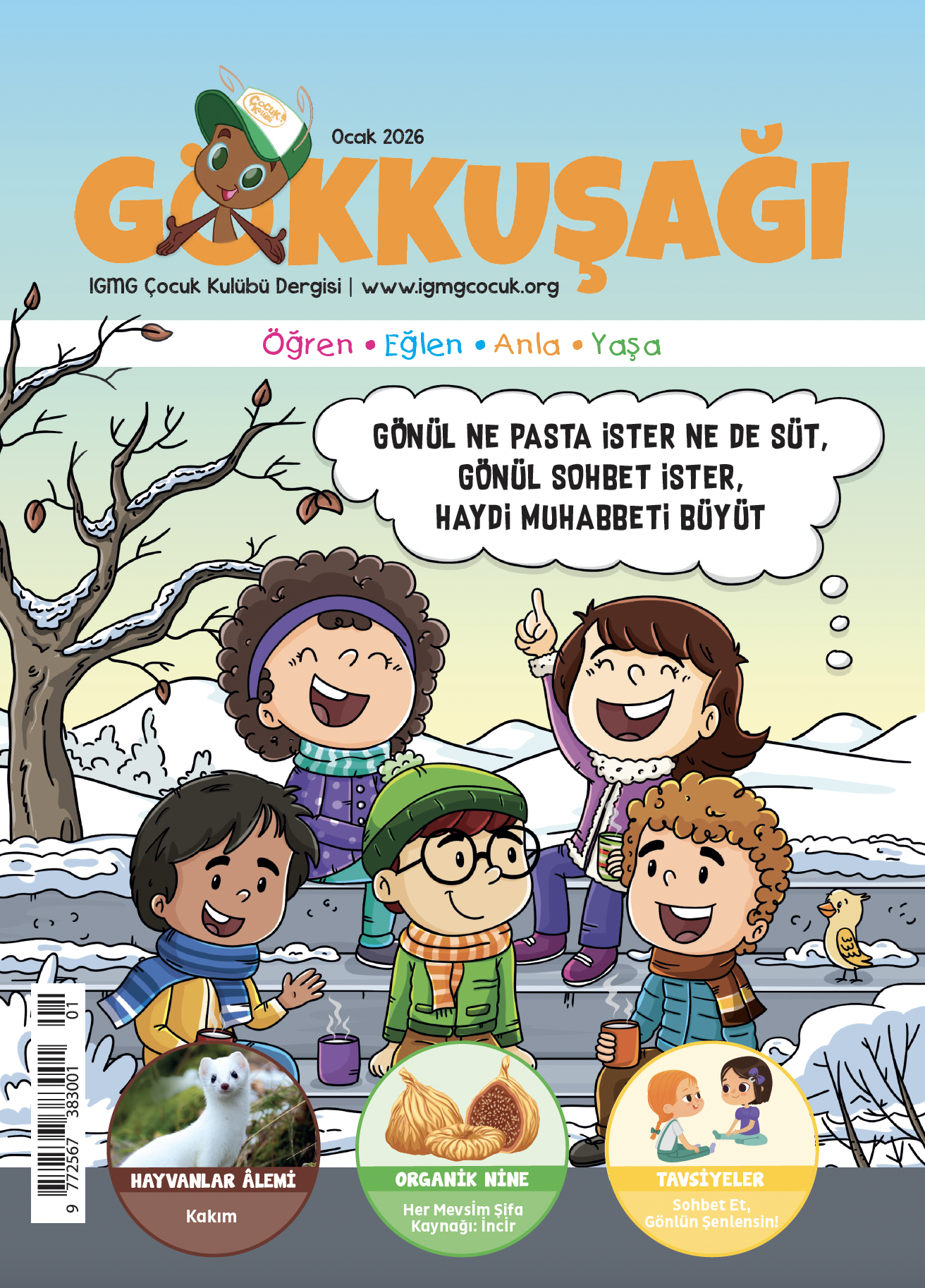Friday Khutba
Children’s Rights
24. July 2025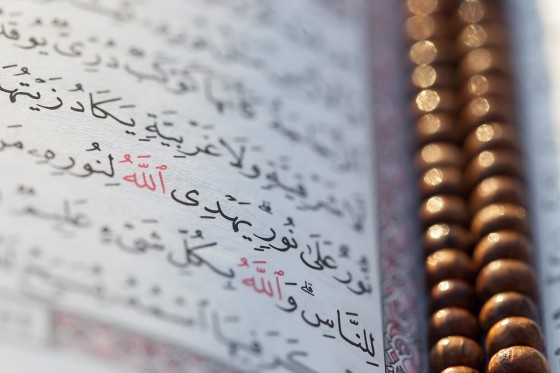
Dear Brothers and Sisters!
Undoubtedly, every human being wants to continue their lineage in this world. This feeling is natural. Allah (swt) points to this natural desire by stating: “[…] They pray, ‘If You grant us a righteous and healthy child, we will surely be among the grateful.’”[1] From the Qur’an, we also learn that prophets and righteous people prayed for righteous children. Because having a child is not just a cause for joy, it is also a responsibility. Our religion sees parenting as both a moral and legal obligation. Accordingly, the relationship between parents and children is based on both ethical and legal principles. As the people who bring a child into the world, parents must take their role seriously. They should make every effort and sacrifice to raise the child as a good person and a sincere, honest Muslim, taking into account the child’s happiness in both this world and the hereafter. In Islam, we see that the primary responsibility in this regard is placed on the father. Indeed, in a verse of the Qur’an, it is commanded: “O you who believe! Protect yourselves and your families from a Fire whose fuel is people and stones…”[2] Scholars interpreting this verse agree that the father is responsible for the upbringing and oversight of the children and other family members. Our Prophet Muhammad (saw) also emphasised the father’s responsibility by saying: “Each of you is a shepherd, and each of you is responsible for his flock…”[3] However, the mother shares in this responsibility as well. Matters such as the internal order of the family and the care and upbringing of children also fall within her area of responsibility.
Dear Jama’ah!
As a requirement of parental responsibility, children have certain rights over their parents. These rights, in light of the sayings of the Prophet (hadith), can be summarised as follows: When a child is born, the call to prayer (adhan) should be recited in their right ear and the call to commence prayer (iqamah) in their left ear. In this way, the child’s entry into the world begins with the remembrance of Allah.
Giving the child a good and meaningful name is also among their rights, as a person will be known by this name throughout their life, remembered by it after death and called by it in the Hereafter. On the seventh day after birth, those who are able should offer an Aqiqah sacrifice, which is an offering of gratitude. On the same day, the child’s hair is shaved and the equivalent weight in silver, or its monetary value, is given in charity. Feeding children with clean and lawful (halal) sustenance, ensuring their education, helping them develop basic life skills and providing them with moral and ethical training are all duties of the parents. Additionally, children should be taught the belief in the Oneness of Allah (tawhid), acts of worship, love for the Prophet and his family (Ahl al-Bayt), adherence to the Qur’an, awareness of what is lawful and unlawful (halal and haram) and the importance of family and social relationships. These are essential aspects of child upbringing that must not be neglected.
Dear Brothers and Sisters!
Every child is born in a pure state, with an innate nature (fitrah) that inclines them toward belief in Allah and attachment to Him. At the core of creation lies a tendency toward goodness, a search for beauty and a desire to find truth. However, this natural compass can weaken over time due to environmental influences, family attitudes and elements like the media. As a result, faith, morals and values may undergo change. At this point, a great responsibility falls upon parents. For our children are our future. Their education must be nurtured not only academically, but also psychologically, socially, and culturally, especially with regard to religious and moral upbringing. We must sow the seeds of faith, sincerity and good character in their hearts and protect them from neglect and abuse. Indeed, while entrusting us with the responsibility of raising righteous generations, our Allah (swt) reminds us: “And those [servants of the Most Merciful] say: ‘Our Lord! Grant us from our spouses and offspring the joy of our eyes, and make us leaders of the righteous.’”[4] Likewise, our beloved Prophet (saw) said: “No father can give his child a better gift than good character,”[5] emphasising that the most valuable inheritance a parent can leave their child is good manners.
May Allah (swt) make our children among those who grow up with beautiful character, who benefit not only their families but also their communities, who are remembered with goodness in this world and who bring honour to their parents in the Hereafter.
May our Jummah be blessed. Ameen.
[1] Surah Al-A’raf, 7:189
[2] Surah At-Tahrim, 66:6
[3] Müslim, İmâre, 20
[4] Surah Al-Furqan, 25:74
[5] Tirmizî, Birr, 33
Khutba – english
Khutba – turkish
Khutba – german
Khutba – arabic
Khutba – french
